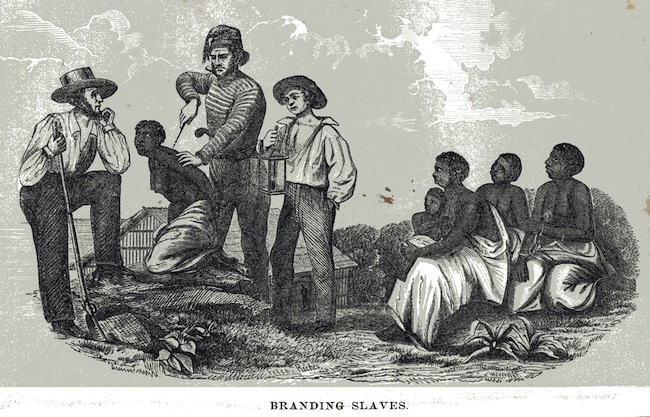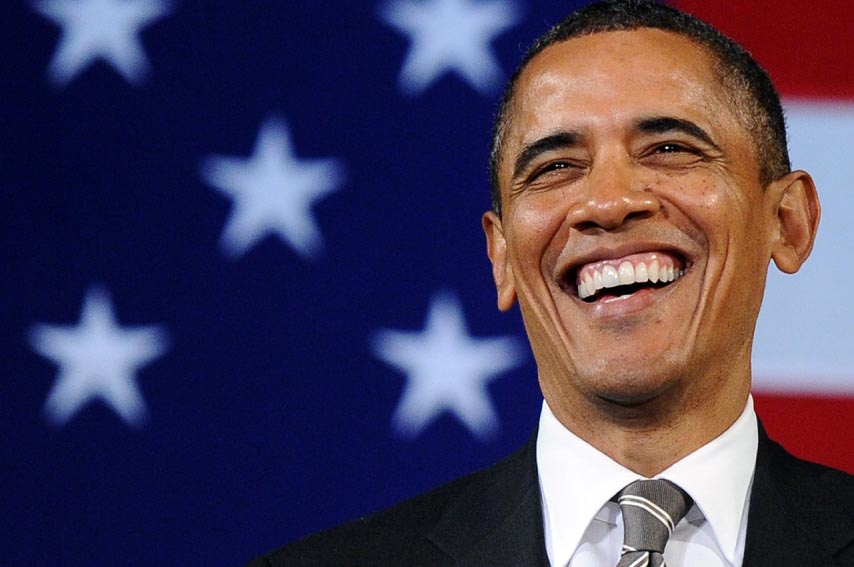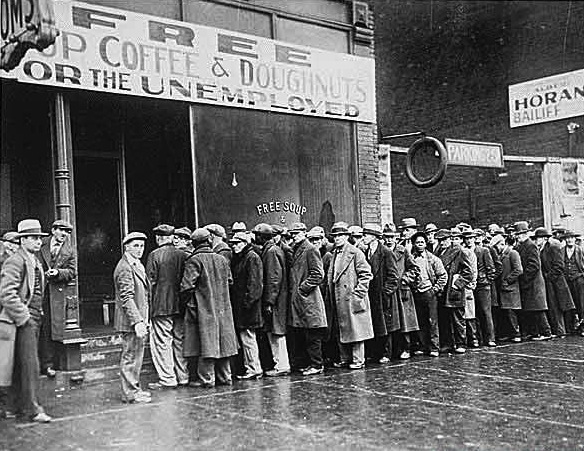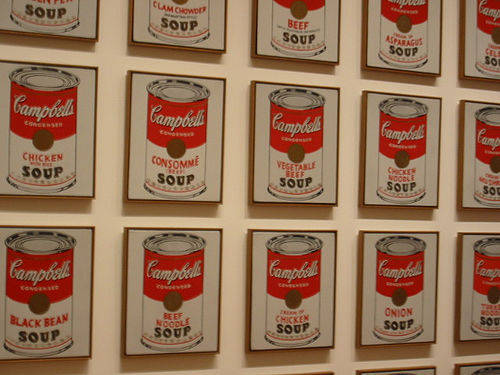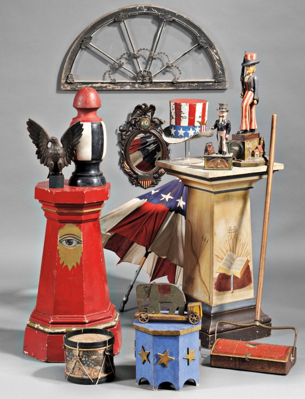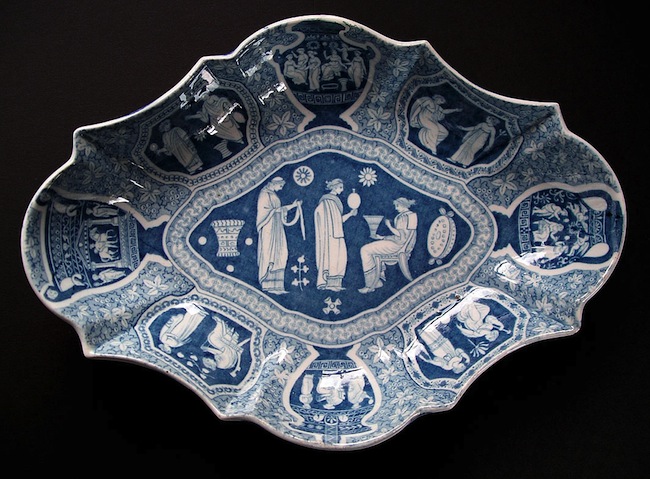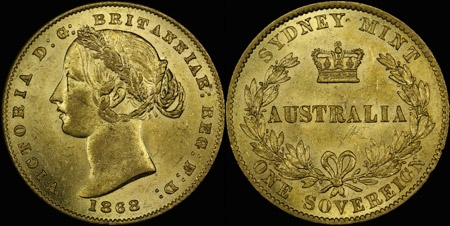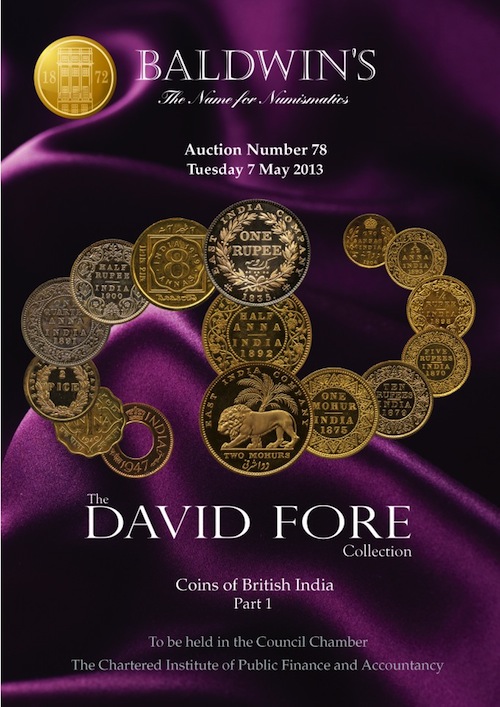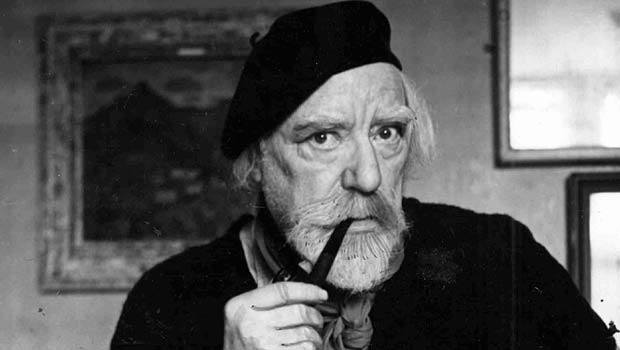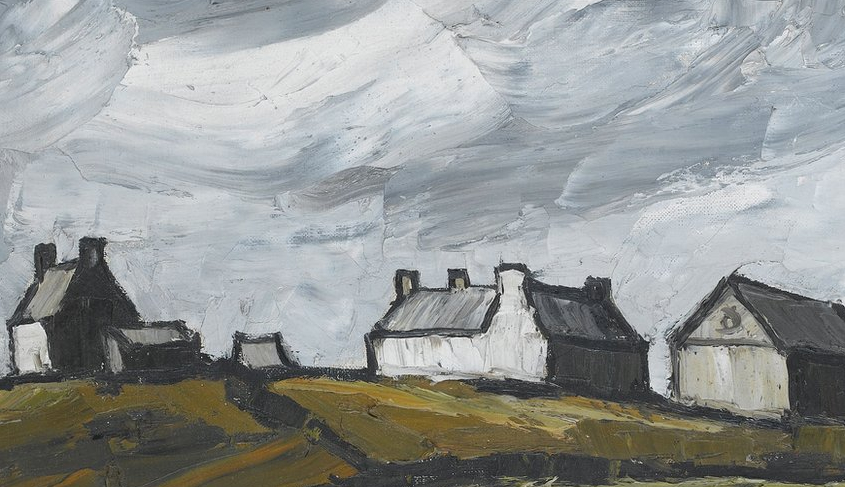1777 Vermont becomes the first U.S. territory to abolish slavery
Black slaves in Massachusetts petition the legislature for freedom based on the stated principles of the Declaration of Independence and military service in the Revolutionary War
1778 Virginia abolishes the slave trade
1779 Black Canadian fur trader and pioneer Jean-Baptist-Point du Sable establishes a trading post that eventually becomes the city of Chicago
1780 Pennsylvania enacts a gradual-emancipation law
1781 Forty-four settlers, including twenty-six African Americans, found the city of Los Angeles
1783 Massachusetts abolishes slavery in the Quok Walker case
Blacks are disenfranchised in Maryland; by 1789, all Southern states except Tennessee enact similar legislation
1784 Rhode Island and Connecticut pass gradual-emancipation laws
1787 U.S. Constitution is adopted, prohibiting the importation of slaves after 1808; declaring each slave to be three-fifths of one white, or free, person (“Three-Fifths Clause”); and demanding the return of fugitive slaves to their masters
Richard Allen and Absalom Jones form the Free African Society, the first civil rights organization in the United States
1789 Freed slave Olaudah Equiano publishes his autobiography,The Interesting Narrative of the Life of Olaudah Equiano, or Gustavus Vassa, the African
1790 First U.S. census marks the African American population at 757,208 (19.3 percent of the total population), of whom 59,557 are free
1791 Haitian revolutionary Toussaint-L’Ouverture leads a successful slave revolt in St. Dominique (present-day Haiti)
1792 A colony of 1,200 black ex-slaves, formerly of Nova Scotia, resettle in Freetown, Sierra Leone
1793 Eli Whitney’s cotton gin greatly improves cotton production, stimulates Southern economies, and increases demand for slave labor
U.S. Congress passes the first Fugitive Slave Law, which sanctions slave extradition and makes harboring a runaway slave a criminal offense
1794 U.S. Congress bans the exportation of slaves to foreign countries
In Philadelphia, Rev. Richard Allen establishes the Bethel African Methodist Episcopal Church and a day school for black children
1796 African Americans in Boston establish a mutual aid organization, the Boston African Society
1800 Total population of African Americans reaches 1 million
1804 New Jersey becomes the last Northern state to pass a manumission (emancipation) law
1801 Central Assembly of St. Dominique drafts a new constitution and appoints Toussaint L’Ouverture governor
1803 South Carolina reopens ports to African slave trade, using Latin America and the West Indies to satisfy labor demands in expanding cotton and rice markets
1804 Haiti becomes an independent country under Jean-Jacques Dessa lines
1808 Federal law bans importation of African slaves; approximately 250,000 slaves are imported illegally until 1860
1810 Tom Molineaux, a former slave turned boxer, achieves international prominence
1812 African Americans serve in the War of 1812 as sailors and militia men
Louisiana disenfranchises blacks; followed by Indiana (1816); Florida and Mississippi (1817); Illinois, Connecticut, and New England (1818); Alabama (1819); and Missouri (1821)
1815 Wealthy African American shipping merchant Paul Cuffe starts campaign to resettle free blacks in West Africa; successfully transports 38 free blacks from the United States to Sierra Leone
1816 Richard Allen convenes a conference of black Methodists in Philadelphia to establish the African Methodist Episcopal (A.M.E.) Church, the first independent black denomination, and presides as bishop
1820 American Colonization Society charters the ship Elizabeth for an expedition to resettle 86 blacks and build Liberia as a black republic in West Africa
1821 Missouri Compromise allows Maine to enter the Union as a free state and Missouri as a slave state; also prohibits slavery in the territory of the Louisiana Purchase
1822 Denmark Vessey, a free African American carpenter, organizes a slave revolt against an arsenal in Charleston, South Carolina; a house servant betrays the plot, resulting in the capture and hanging of Vessey and his followers
1823 Alexander Twilight becomes the first African American college graduate, at Middlebury College in Vermont; Twilight later holds public office (see below)
1824 African American actor Ira Aldridge begins a career in Europe; later debuts as Othello on the London stage (1833)
1827 State of New York abolishes slavery
John B. Russwurm and Rev. Samuel E. Cornish publish theFreedom Journal, the first African American newspaper in New York City
1829 White mobs attack African Americans in Cincinnati, Ohio, during a three-day race riot; approximately 1,000 blacks flee and resettle in Canada
Credit: sparknotes

